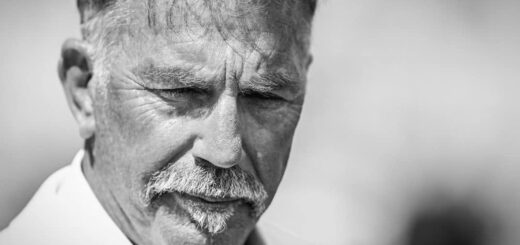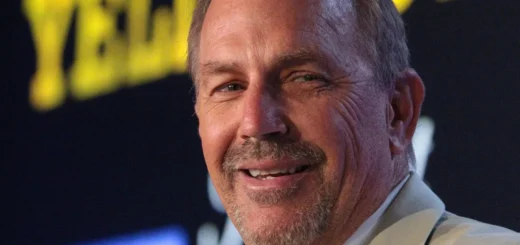Kevin Costner Says the Decade’s Best Western Was Actually a Soap Opera
Kevin Costner Admits Yellowstone Was ‘A Bit of a Soap Opera’ — And That’s Why It Worked
Yellowstone wasn’t just a ratings powerhouse — it was a cultural phenomenon. During its run from 2018 to 2024, Taylor Sheridan’s Neo-Western epic redefined the modern Western, sparking a resurgence of interest in ranch life, frontier justice, and the morally gray world of political power plays. More than just a TV show, it became a franchise juggernaut, launching multiple spin-offs and turning the Dutton family into modern American mythology.
Audiences were drawn not just to the sprawling Montana landscapes or gritty cowboy action, but to the raw emotional drama at the heart of the series — a tangled mess of loyalty, betrayal, love, and violence. And in a recent conversation reflecting on the show’s legacy, Kevin Costner — the man behind patriarch John Dutton — summed up that very tension in one blunt, telling quote:
“Well, it’s modern-day ranching. Yellowstone was able to capture that really so beautifully. I mean, it’s a bit of a soap opera. I mean, we all should be in prison.”
While it might sound like a jab, Costner’s comment wasn’t a criticism — it was an acknowledgment of what made the show work. Yellowstone presented itself as a gritty Western, but at its core, it ran on pure melodrama. Family feuds, hidden secrets, murder cover-ups, surprise pregnancies, long-lost relatives, and seething vendettas — the show embraced every classic soap trope and dialed it up with a cowboy swagger.
From Beth Dutton’s scorched-earth style of revenge to Jamie’s spiraling identity crisis, the drama was relentless and often outrageous — and that’s exactly why fans couldn’t look away. At times, Yellowstone felt like Dallas reborn, but with sharper writing, higher production values, and a whole lot more blood.
Costner’s quip about the characters “all belonging in prison” isn’t far from the truth. The Duttons rarely hesitated to bend — or break — the law in their mission to protect their empire. Whether it was blackmail, backroom deals, or straight-up murder, their tactics often veered into organized crime territory. But in the morally murky world Sheridan built, those extremes felt believable — and addictive.
It’s that blend of high-stakes drama and grounded Western grit that made Yellowstone stand out. Sheridan didn’t shy away from emotional excess; he embraced it and wrapped it in the rugged aesthetics of the American frontier. The show thrived on emotional volatility — a signature move straight out of the soap opera playbook — and delivered it with the weight and style of prestige television.
What Costner pointed out, knowingly or not, is the dual nature that made Yellowstone resonate. It wasn’t just about land disputes or cattle rustling. It was about family legacies teetering on the edge, emotional wounds that never healed, and power struggles that felt Shakespearean in scope. These weren’t just cowboys — they were ticking time bombs.
In the end, Yellowstone wasn’t great despite its soap opera DNA. It was great because of it. Sheridan’s ability to fuse explosive emotional drama with the grandeur of the Western made Yellowstone not only the defining Western of the decade — but arguably the best soap opera, too.


